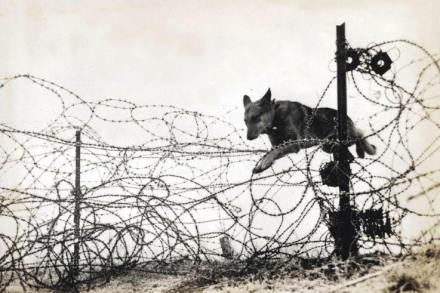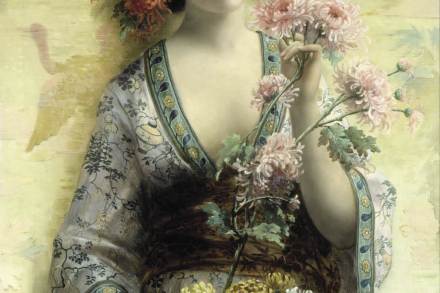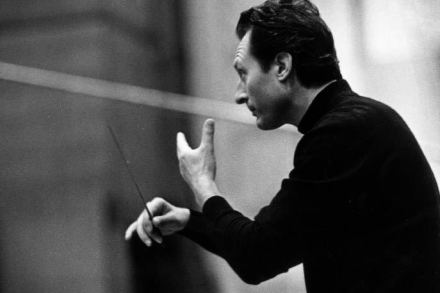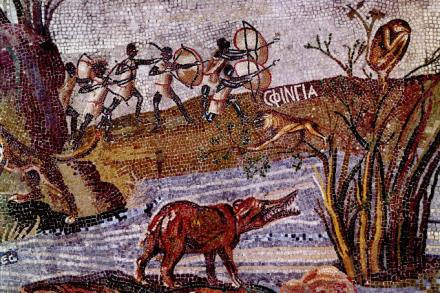Beasts in battle
‘Never such innocence again’ wrote Philip Larkin of an unquestioning British people on the eve of the first world war, and much has been made, not unreasonably, of the trusting frame of mind in which young men of that time accepted the arguments for war in 1914. ‘Never such innocence again’ wrote Philip Larkin of an unquestioning British people on the eve of the first world war, and much has been made, not unreasonably, of the trusting frame of mind in which young men of that time accepted the arguments for war in 1914. If they were innocents, even more so were the animals caught up in it all —










